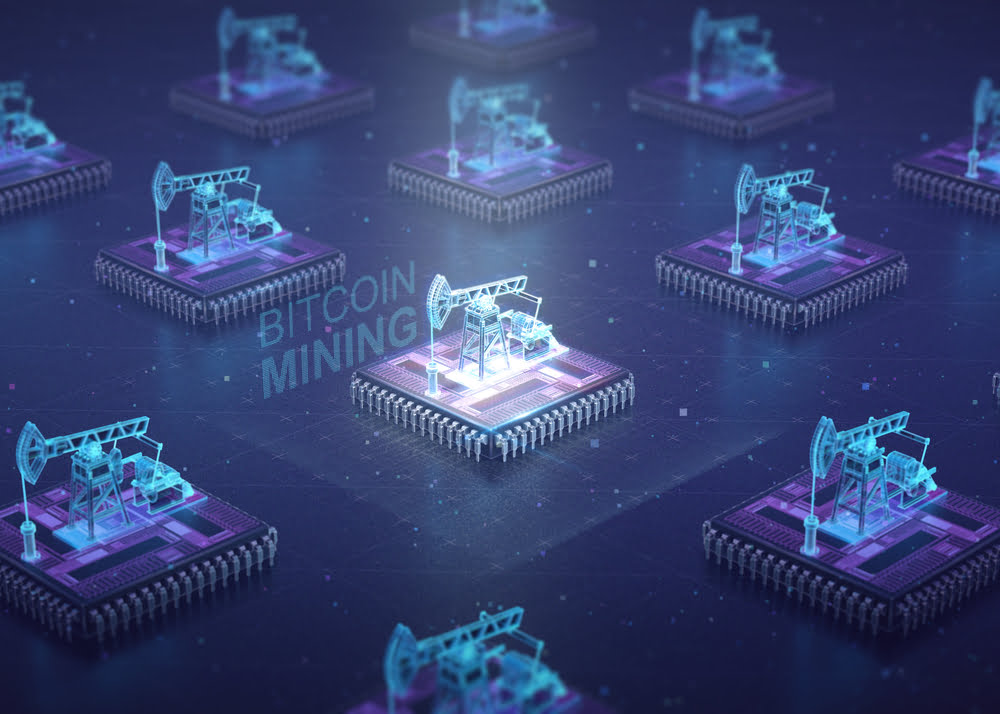At this time, numerous institutions and businesses are actively exploring the potential of blockchain networks, with the Pacific Northwest National Laboratory (PNNL), part of the U.S. Department of Energy (DOE), being the latest to join the blockchain race.
Announcement made to Senate Commission
According to recent reports, the national laboratory has begun actively exploring the potential of blockchain applications, especially in connection to managing next-generation power grids in the country. The announcement was made by Carl Imhoff, a manager at the PNNL, before the Senate Committee on Energy and Natural Resources. In his statement, Imhoff announced that the research lab is applying various advanced technologies in an effort to explore paradigms for future power systems which would be both adaptive and resilient to a wide variety of issues.
He stated:
With regard to the grid, blockchain could be a part of grid modernization efforts, encourage distributed power generation and storage systems, and help secure emerging market constructs.
Currently, the PNNL is working with a number of DOE and industry partners to determine the potential and optimal use of blockchain technology on the energy markets.
It’s worth mentioning that not long ago, the DOE disclosed that it was actively studying possible blockchain uses for creating fossil energy systems, and that it was open to proposals and ideas that would help them better leverage the technology.
Based on these developments, what are your thoughts on the prospect of an energy grid based on blockchain technology? What would be its benefits? Let us know in the comment section below.

